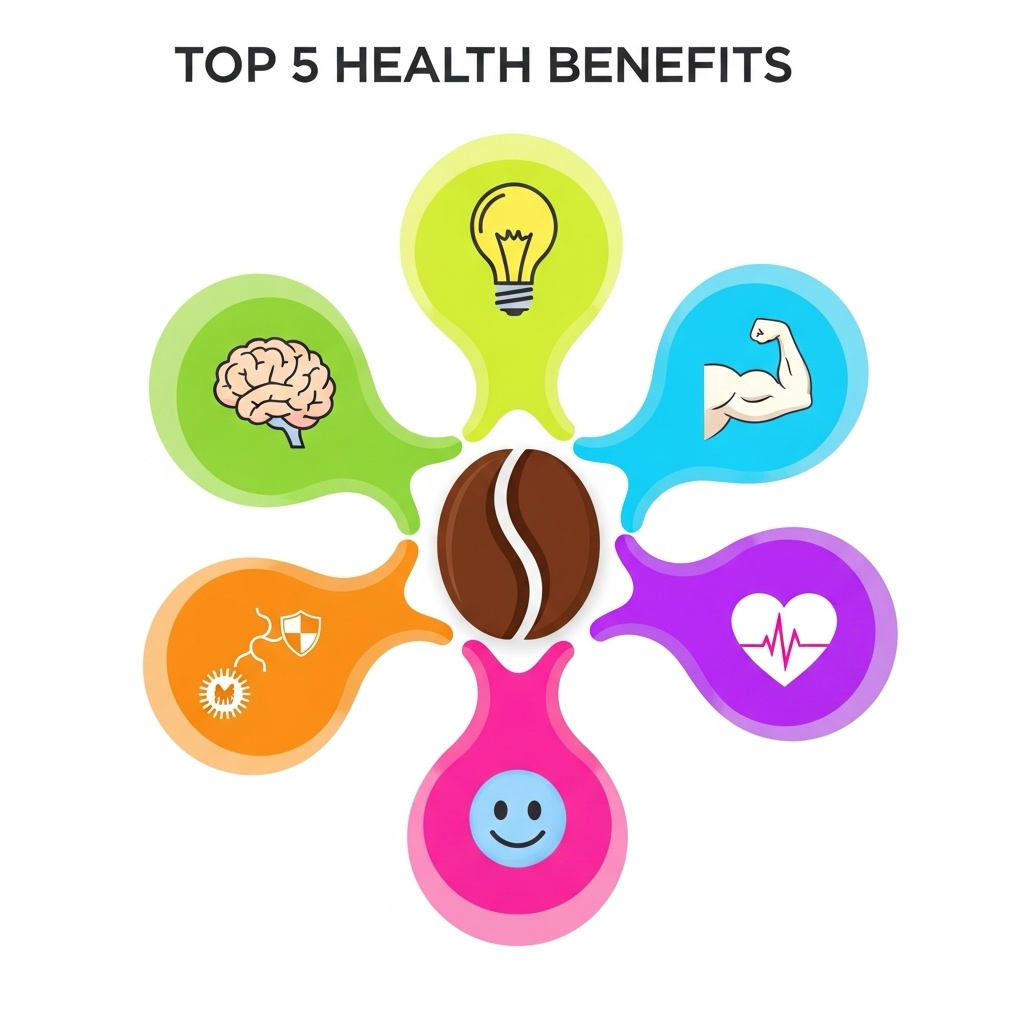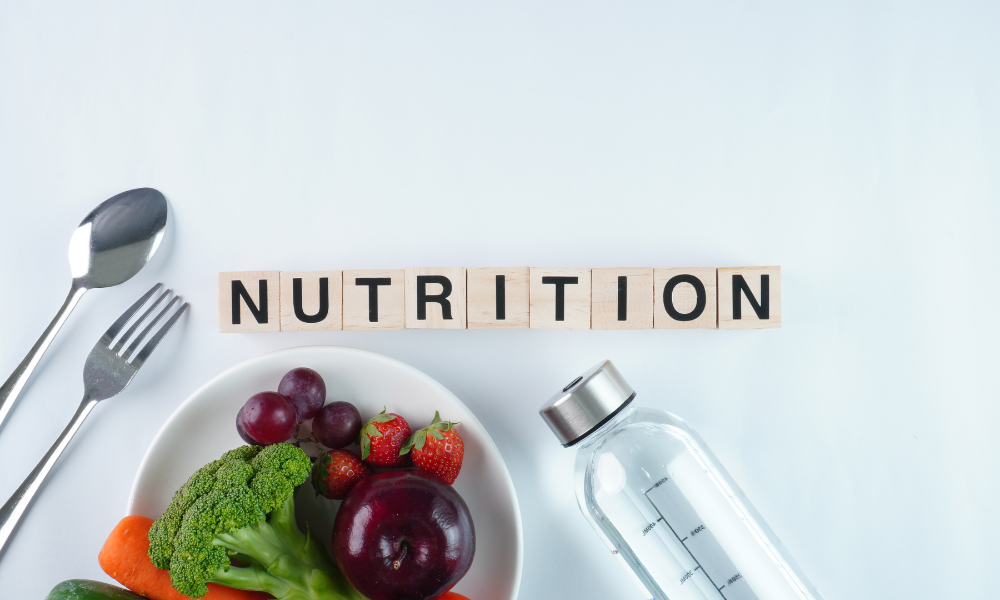Can Drinking Coffee Every Day Be Healthy — or Harmful?
For millions of people around the world, the day doesn’t truly start until that first sip of coffee. The aroma, the warmth, and the gentle jolt of caffeine are part of a cherished ritual. But as with many daily habits, a question lingers in the background: Is drinking coffee every day good for you, or could it be quietly causing harm?
Science has been trying to answer this question for decades, and the results aren’t as simple as a “yes” or “no.” Coffee is a complex beverage—rich in antioxidants, but also loaded with caffeine. It can offer impressive health benefits, yet it may pose risks depending on how much you drink, when you drink it, and your personal health condition.
In this article, we’ll explore the science-backed benefits, potential downsides, and practical guidelines for making coffee a healthy part of your life.

The Nutritional Side of Coffee
Coffee is more than just caffeine in a cup—it’s a nutrient-rich drink with bioactive compounds that influence the body in multiple ways.
Nutrients found in coffee include:
- B vitamins(especially B2, B3, and B5) – important for energy metabolism.
- Manganese and potassium– supporting nerve and muscle function.
- Polyphenols and antioxidants– combating oxidative stress and inflammation.
These compounds help explain why moderate coffee consumption is linked with reduced risk for certain chronic diseases.
For the freshest, antioxidant-rich coffee, consider brewing with a high-quality French press — see my recommended one here ( InstaCuppa French Press Coffee Maker ).
Potential Health Benefits of Drinking Coffee Daily
- Reduced Risk of Type 2 Diabetes
Research suggests that regular coffee drinkers have a lower risk of developing type 2 diabetes. Compounds in coffee may improve insulin sensitivity and regulate blood sugar levels.
Key point: Both caffeinated and decaf coffee have been linked to this benefit, suggesting caffeine is not the sole contributor.
- Brain Health and Neuroprotection
Caffeine stimulates the central nervous system, improving alertness, concentration, and mood. Long-term coffee consumption has also been associated with a reduced risk of neurodegenerative diseases such as Alzheimer’s and Parkinson’s.
Possible reason: Antioxidants and anti-inflammatory compounds in coffee may protect nerve cells from damage.

- Liver Health
Your liver might thank you for your morning brew. Studies show that coffee consumption is associated with a lower risk of liver cirrhosis, non-alcoholic fatty liver disease (NAFLD), and even liver cancer.
- Heart Health — With Moderation
While high caffeine intake can raise blood pressure temporarily, moderate coffee drinking (3–4 cups daily) has been linked to a reduced risk of heart failure and stroke in several large studies.
- Antioxidant Boost
Coffee is one of the richest sources of antioxidants in many people’s diets—sometimes even more than fruits and vegetables combined. These compounds combat oxidative damage, which is linked to aging and chronic diseases.
When Coffee Can Become Harmful
Just because something has benefits doesn’t mean “more is better.” Coffee can cause side effects when consumed in excess or by individuals sensitive to caffeine.
- Sleep Disturbance
Caffeine can linger in the body for 6–8 hours, disrupting sleep patterns. Drinking coffee too late in the day may lead to insomnia or restless sleep.
Tip: Avoid coffee after 2–3 PM if you’re sensitive to caffeine.
- Increased Anxiety and Heart Palpitations
High caffeine intake can trigger anxiety, rapid heartbeat, or even panic attacks in some individuals—especially those prone to stress.
- Digestive Discomfort
Coffee can increase stomach acid production, potentially leading to acid reflux, heartburn, or irritation in people with gastrointestinal issues.

- Bone Health Concerns
Excessive coffee consumption may interfere with calcium absorption, increasing the risk of osteoporosis over time, especially in people with low dietary calcium intake.
- Dependence and Withdrawal
Regular caffeine use can lead to dependence. Missing your daily coffee can result in headaches, fatigue, irritability, and difficulty concentrating.
If you sip slowly, a temperature control mug keeps your coffee warm without reheating — check it out here ( Rioware Vacuum Insulated Travel Coffee Mug ).
Safe Coffee Consumption Guidelines
Health experts generally agree that up to 400 mg of caffeine per day—about 3–4 standard cups of brewed coffee—is safe for most healthy adults.
However, certain groups should limit or avoid caffeine:
- Pregnant or breastfeeding women (recommended limit: 200 mg/day)
- People with heart rhythm disorders
- Those with severe anxiety disorders
- Individuals with certain gastrointestinal conditions
Try an organic, low-acid coffee to enjoy the flavor without the stomach irritation — Check this top-rated one on Amazon ( Earthy Way Chickpea Coffee ).
Tips for Healthier Coffee Habits
- Mind Your Additives– Sugar, flavored syrups, and heavy cream can turn coffee into a calorie bomb. Opt for minimal or natural sweeteners.
- Time It Right– Drink coffee in the morning or early afternoon to avoid sleep disruption.
- Stay Hydrated– Coffee is mildly diuretic; balance it with enough water intake.
- Go for Quality– Choose freshly ground beans, preferably organic, to minimize pesticide exposure.
- Experiment with Decaf– If you love coffee but are sensitive to caffeine, decaf still offers many health benefits.
Coffee Myths vs. Facts
- Myth:Coffee stunts growth.
Fact: There’s no scientific evidence for this claim. - Myth:Coffee dehydrates you.
Fact: Coffee has a mild diuretic effect, but it still contributes to your daily fluid intake. - Myth:Dark roast has more caffeine than light roast.
Fact: Light roasts typically retain slightly more caffeine per bean, though the difference is minor.
The Verdict
So, can drinking coffee every day be healthy? For most adults, the answer is yes—if consumed in moderation. Coffee’s antioxidants, brain-boosting effects, and protective benefits for the liver and heart make it a surprisingly healthful beverage.
However, the key is balance. Overconsumption can lead to anxiety, digestive issues, and sleep disturbances. Personal tolerance, lifestyle, and health status should guide your coffee habits.
In short: Enjoy your morning cup without guilt—just don’t turn it into an all-day caffeine marathon.







